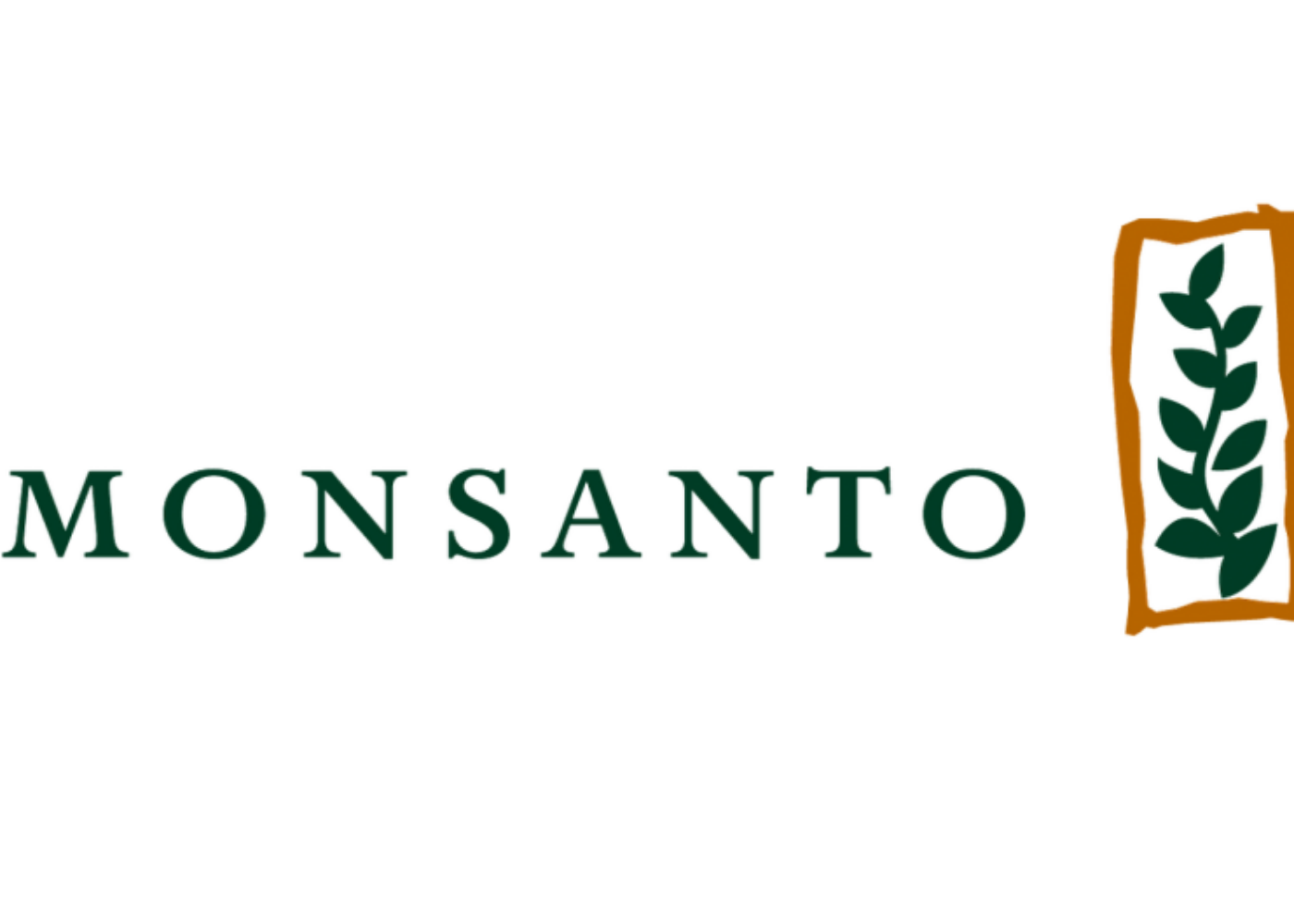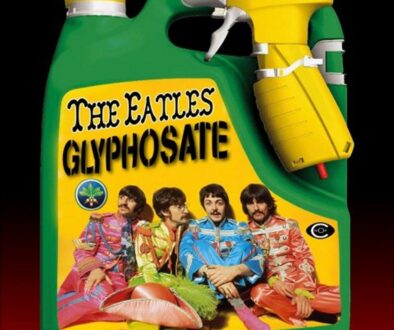Monsanto’s Position on GMO Labeling

I recently read Monsanto’s proxy statement filed with the Securities and Exchange Commission.
Monsanto is the chemical company that makes genetically engineered ingredients now found in our food supply, and I was curious if shareholders were making any noise since a growing number of food companies are now opting out.
From Cheerios’ announcement to remove genetically engineered ingredients from its iconic original cereal, to Chipotle and Whole Foods commitments to either going non-GMO or to labeling these ingredients in their stores, to Kroger’s commitment to expanding its Simple Truth product line, the company is in a new position—defending the use of its products while also defending the fact that these ingredients were put into the food supply without informing the public.
Monsanto is a chemical company that introduced a new operating system for our food system in the 1990s. It is a brilliant revenue model for a chemical company, as they created a system in which seeds are now hardwired to withstand record doses of their chemicals. Soybeans were suddenly branded RoundUp Ready Soybeans and engineered to withstand record doses of their weed killer RoundUp. RoundUp Ready corn was engineered to do the same. RoundUp Ready sugarbeets, increasingly pervasive in everything from cereal to candy, was also engineered to withstand record doses of their weed killer. As you might expect, sales of this chemical weed killer, RoundUp, brought financial stability to the company’s earnings model.
But it is also introducing liability, as seen in a recent filing with the Securities and Exchange Commission: Notice of Annual Meeting of Shareowners and 2013 Proxy Statement.
The challenges now in front of the company were recently brought to light in a “shareowner proposal” in their December 2013 filing with the Securities and Exchange Commission: Notice of Annual Meeting of Shareowners and 2013 Proxy Statement In it, Monsanto writes: “Food is one of the most important and significant facets of our world. It is a critically important issue to everyone and is the focus of debates and dialogues from the halls of the United Nations Food and Agriculture Organization in Rome, to the grocery store aisles in Buenos Aires…”
Around the country, Americans are taking notice, too.
The company responded and disclosed its position on labeling:
“Our work in agriculture represents just one component of a broad and diverse food value chain that involves many parties. The proponent is seeking a report about the impact of the company’s working with the Food and Drug Administration (FDA) to effect a change in labeling on consumer food products. These are not Monsanto products nor are they manufactured, controlled, packaged or labeled by our company. We sell seed to farmers, who often sell their crop harvest to a grain processor, who sells grain or ingredients to a food company, who may further process the ingredients, then manufacture the food item, which it then sells to a retailer, who ultimately sells the finished product to a consumer. As a company that is focused on agricultural productivity and which sells products to farmers our position in the chain does not afford us the expertise that would inform an assessment of consumer food packaging information.”
Can you imagine if Intel operated this way? Let’s take that last sentence and rephrase it for the semiconductor chip maker.
We make a semiconductor chip, but because we sell it to computer makers who then sell it to wholesalers who then sell it to retailers, as a company that is focused on productivity, our position in the chain does not afford us the expertise that would inform an assessment of computer packaging information.
There would be no way of knowing which parts of the operating system were functioning as promised and which parts might be detrimental to the system.
Instead, Intel proudly stood behind their products and launched “Intel Inside.”
The same has been asked of Monsanto, with consumer groups like “Just Label It” and “GMO Inside” asking for labeling. Monsanto backs away from labeling their products, saying in the SEC filing:
“We support current FDA guidance on food labeling which is based on the attributes of the food itself. In the United States, the FDA regulates the safety and labeling of foods and food products derived from crops (conventional, GM, and organic), and all must meet the same safety requirements. FDA guidance requires labeling of food products containing ingredients derived from GM crops if there is a meaningful difference in composition, nutrition or safety between that food and its counterpart derived from conventional crops. In the absence of such a difference, the FDA has determined that mandatory labeling is not required. The American Medical Association (AMA) supports the FDA’s approach and approved a formal statement asserting that there is no scientific justification for special labeling of foods containing GM ingredients. FDA guidance does not require labeling of production practices used by farmers employing conventional or organic methods to control weeds and pests and improve their yields.”
While claiming that there is no difference in their product, Monsanto fails to highlight that their products make the attributes of the food so different that they are patented by the United States Patent and Trademark Office for their unique traits and characteristics. These unique attributes enable them to charge a premium to farmers for their use and also enable them to charge farmers royalty fees, licensing fees and trait fees. The company also fails to highlight that American food companies either label or avoid the use of their products in the foods that they manufacturer overseas.
But most importantly, Monsanto does not highlight that the American Medical Association requested that because these products are not labeled in our food supply, pre-market safety testing of these products should be mandatory. (Chicago Tribune: GMOs Should Be Safety Tested Before They Hit the Market, Says AMA) .
Can you imagine if Boeing were allowed to operate this way? If the National Transportation Safety Board or Federal Aviation Administration allowed airplanes into the sky with a new operating system without mandatory pre-market safety testing? Or if the companies making the engines inside of them, were able to say “as a company that is focused on productivity, our position in the chain does not afford us the expertise that would inform an assessment of packaging information”?
It is not surprising the food industry is beginning to opt out of these ingredients and this operating system. It is the fiduciary duty of the executives of these food companies to deliver earnings, respond to consumer demand and capture market share, while reducing liability. A fiduciary duty is the legal duty of a fiduciary, directors or executives of food companies, to act in the best interests of the beneficiary, their shareholders.
If the company making these genetically engineered products is unwilling to display a label and accept liability for their ingredients, why should Nestle, Kraft, Coca Cola or any others in the space do the same?
In the first few weeks of 2014, both General Mills and Post have announced that they are dropping genetically engineered ingredients from products in response to consumer demand. It’s the fiduciary duty of executives at other companies to do the same.
Sources:
- Chicago Tribune: GMOs Should Be Safety Tested Before They Hit the Market, Says AMA
- NBC News: FAA to Allow Boeing to Resume Flight 787 Tests
- Securities and Exchange Commission: Notice of Annual Meeting of Shareowners and 2013 Proxy Statement
- Just Label It
- GMO Inside





